The Wounded Highlanders team of disabled veterans are on a mission to open up the world of sport to all who were injured during military service.
Jim Holborn, the founder of the “band of brothers” team, had his first taste of the event in 2019 when he and other disabled athletes were invited to compete at the Mey Highland Games as part of the Help for Heroes charity team.
“I love everything about the Highland Games,” he said. “Once I’m actually out in the competition, my favourite event would be the light hammer and the caber, which is the showstopper – everyone comes to see the caber toss.”
This experience led the Sunderland resident to start the Wounded Highlanders – which now classes the Mey event in Caithness as its home games.
He said: “We started training as friends, more than anything, and then everyone was showing interest in the Highland Games.
“We have lads who are in wheelchairs, people with amputations and others with brain injuries, so we had to adapt how each individual person would compete without changing any of the rules.
“It just went from there.”
Opening the door to more veterans
The 41-year-old served in the army for almost 10 years until a parachuting accident damaged his left knee and ankle.
“I know how important sport was to my recovery,” he said. “I think it’s important for everyone, not just people suffering from a disability.
“Sport and physical activity can be a brilliant aid towards recovery and a happy and healthy life. If you’re happy in the mind, the body will follow.
“I want to open the door to more veterans, even if they just come along for a look and try it out. It’s a chance to feel normal again and speak to like-minded people with similar injuries and the same background.”
The Wounded Highlanders, who work alongside the Royal Scottish Highland Games Association, also provided an outlet for its 18 athletes during lockdown with daily video calls set up so they could all train together virtually.
During this time, they would also share videos online to show the public how they have adapted each event for the team’s athletes.
‘A great community to be part of’
For team member David Dent, the Highland Games are an important part of his Scottish culture.
He had been active in parasports since leaving the military and jumped at the opportunity to compete with fellow veterans at Mey Highland Games three years ago.
“The teamwork is great and the fact we all support each other, irrespective of injury, makes it a great community to be part of,” he said.
“It doesn’t mean you don’t focus on personal achievement. We’ve had some great results – being part of team taking world records is very satisfying.”
Mr Dent, who was became an MBE this year, worked in the army medical services when he was injured in a blast from a missile.
He said: “It’s caused neurological disfunction and progressively over time my mobility has been badly affected, so I use a wheelchair.”
The 56-year-old is now a world record holder in shot put, using a throwing frame when competing due to his wheelchair use.
“I think people seeing what you can achieve also gives great satisfaction,” he said. “The other favourite would be tossing the caber, I think because people think I can’t do it sitting from a wheelchair.
“It was surprising for some people, a pleasant surprise. The organisers have been really open and I think they can see the effort, diligence and training we all put in – that military mindset. I think people enjoy seeing that.”
‘Doing something positive’
Another member of the team, David Williams, had always wanted to compete in the Highland Games, but was always on exercise or deployed during the season.
The army veteran, from South Wales, was medically discharged in January 2018 after being diagnosed with PTSD, Asperger’s and borderline personality disorder.
Alongside his business, the Wounded Highlanders has given him something positive to focus on since his 10-year army career came to an end.
“The guys are awesome,” he said. “It’s good to meet up with them, get out of the house and do something positive – rather than crawling into your world of pain.
“I like how there’s a different challenge at every Highland Games event. The caber throw is a favourite, it’s so satisfying when it goes over, you just never know if it’s going to go.
“Hammer is brilliant as well, it’s a beautiful thing. When you hit it right and it just flies, that is lovely.”
Looking to the future
Looking ahead, Mr Holborn hopes the team will be able to keep expanding and compete in even more Highland Games events.
“We’re just trying to build up our reputation and branch out to more games,” he said. “We think next year will be a big year for us.”
Mr Dent added: “Jim and the team have made this an accessible sport – made it open to people with a disability. It’s been made possible due to a combination of a receptive organisation, hard work to get it right and the team with Jim’s lead and passion.
“I hope it encourages opportunities in other games.”
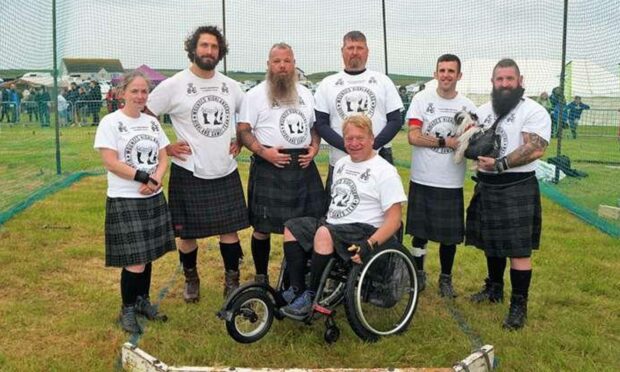
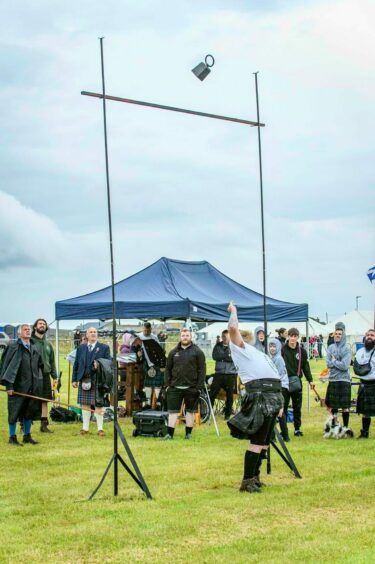
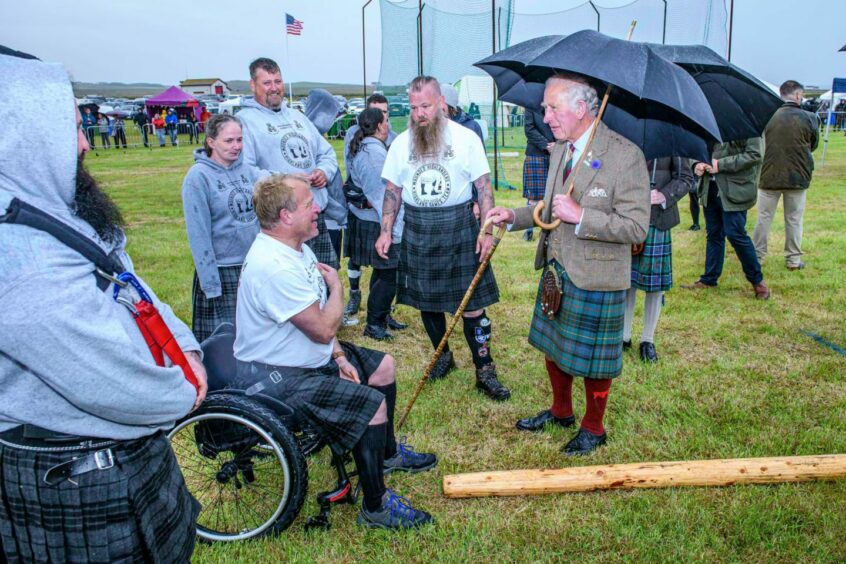
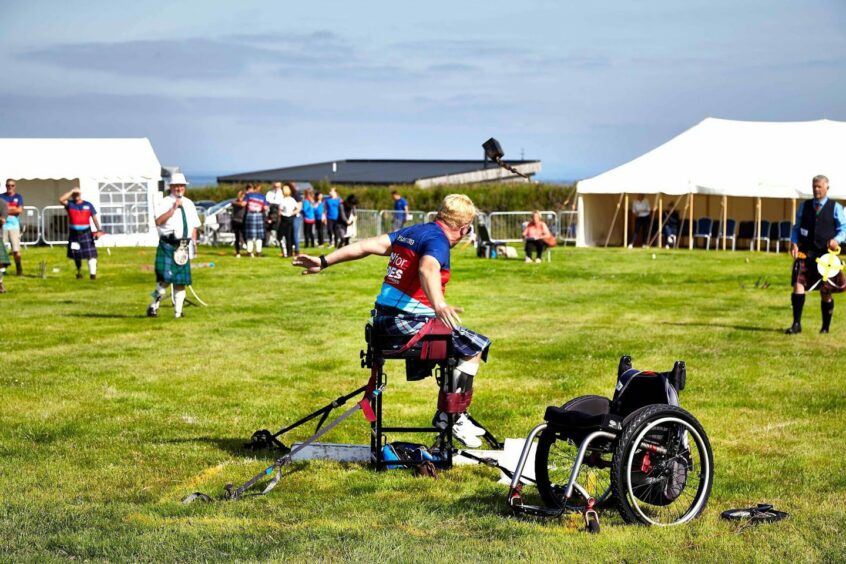
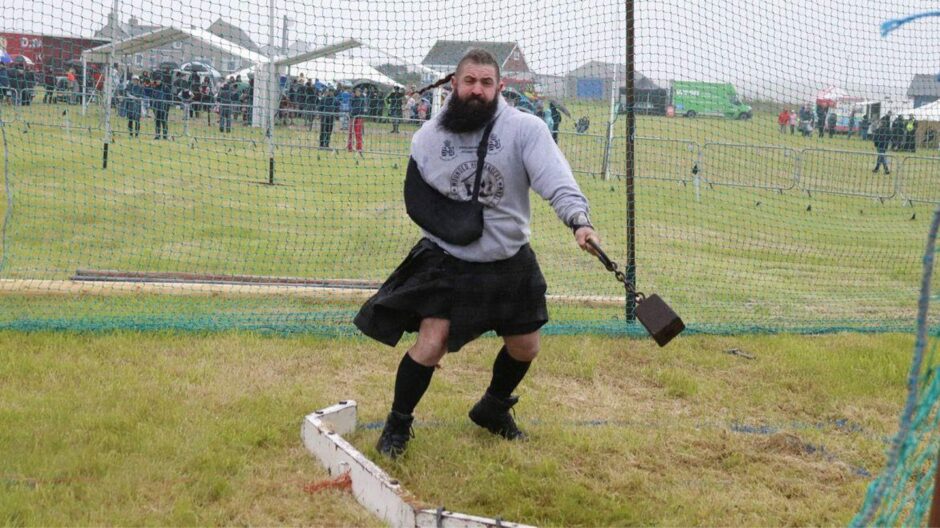
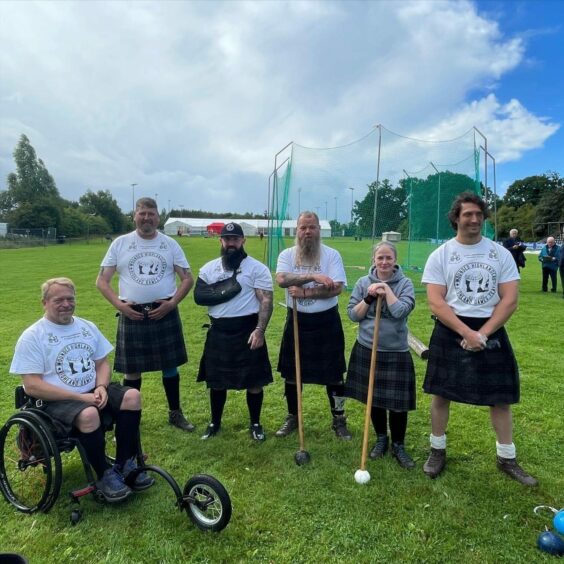
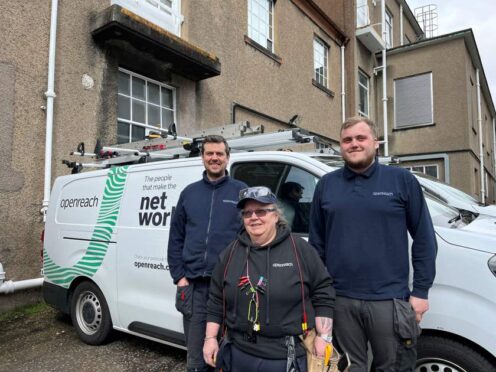
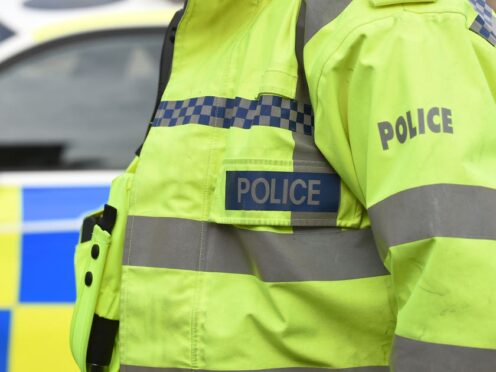
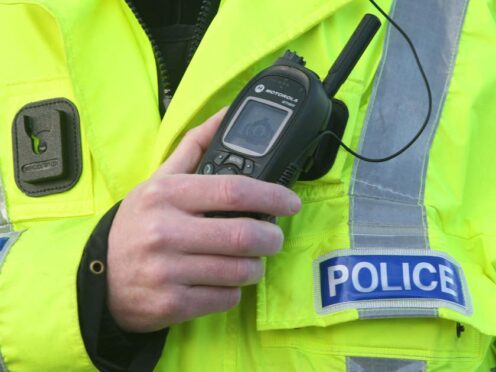
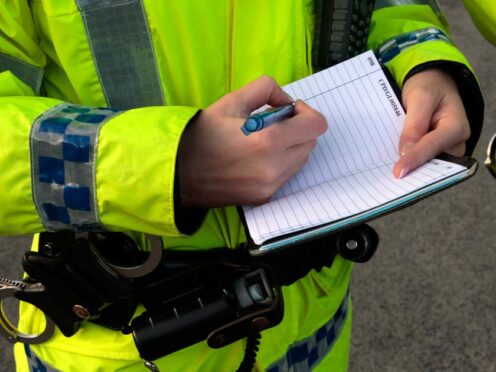
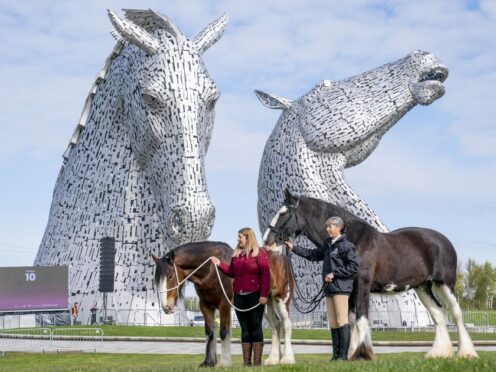
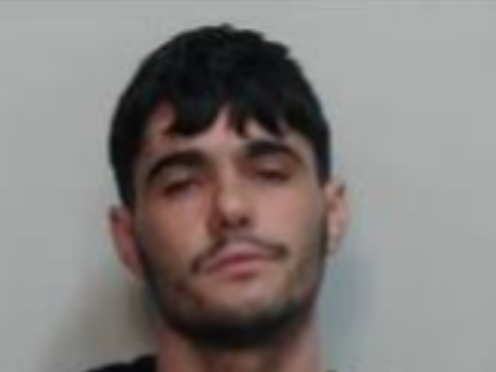
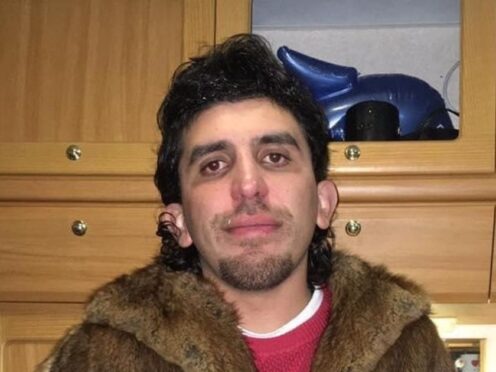
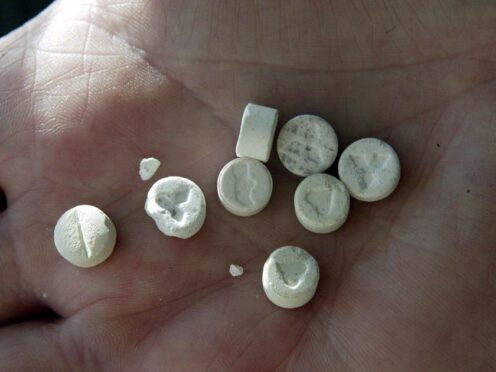
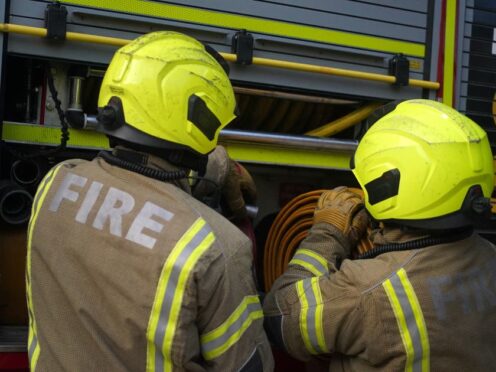
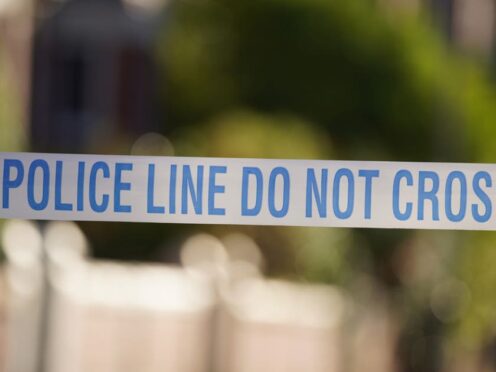
Conversation